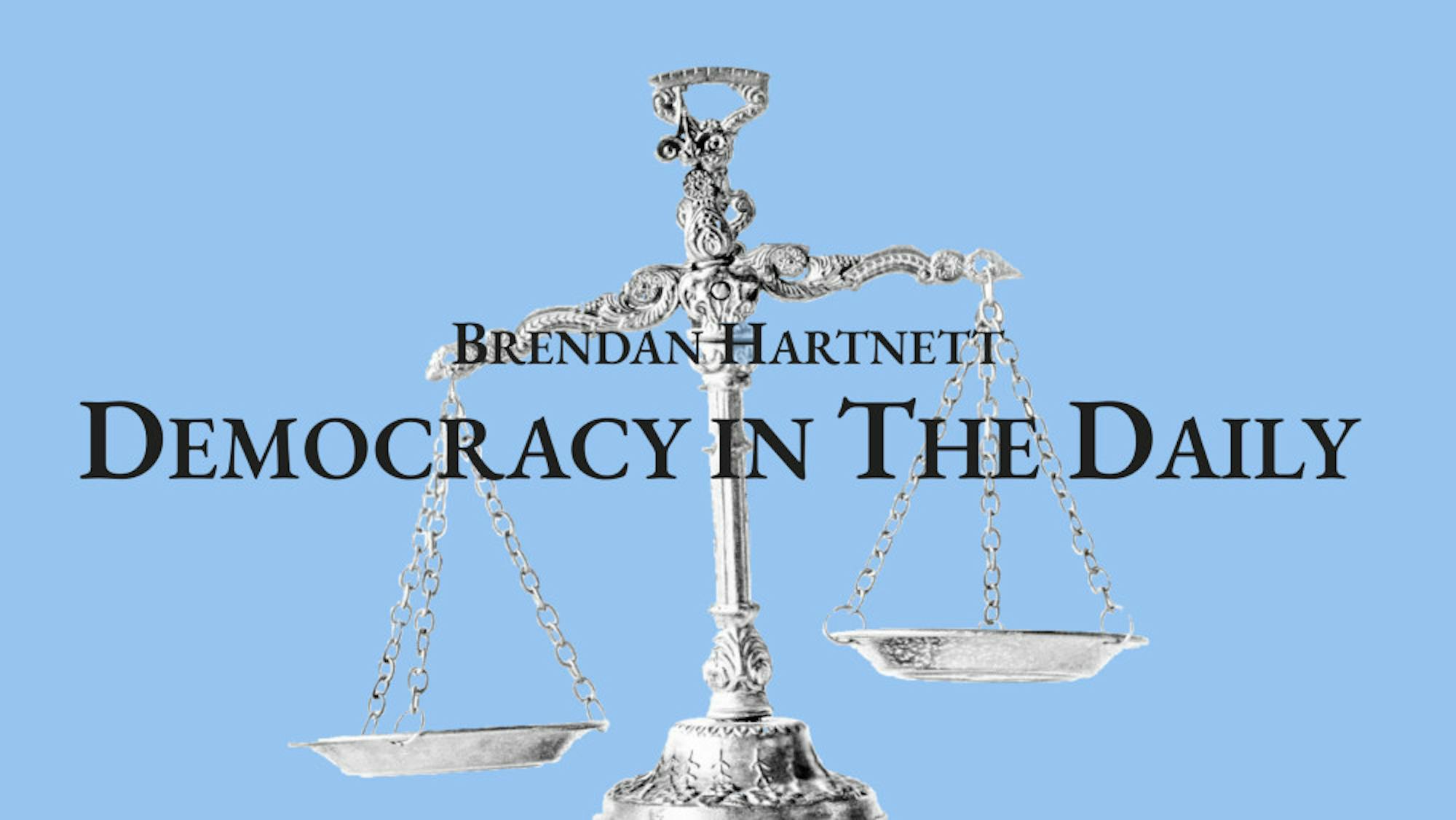France is having an identity crisis. A wave ofcritical theory has grown popular with the French youth, leading them to question the Fifth Republic and its historical-materialist position.These ideas regarding race, gender and post-colonialism have led to mass protests under the umbrella of Union Nationale des Étudiants de France , the national student union.
Prince Philip, Duke of Edinburgh, is dead. On the heels of Oprah’s revealing interview with Prince Harry and Meghan Markle,the discourse surrounding Prince Philip’s death not only includesTikToks joking about how a Taki could have killed Philip, but also growingopposition to the monarchy among British youth.
Derek Chauvin, who is charged with George Floyd’s death, is on trial. Yet, more than a third of all Americans said they didn’t support Black Lives Matter as recently as last August, and according to a report published by the Robert Wood Johnson Foundation, nearly a third of Americans don’t believe in the adverse effects of systemic racism. The U.S.empire has yet to come to terms with its stolen land, genocide and post-colonial legacies.
Democracy doesn’t mean oppression is gone. Democracy isn’t justice. Democracies still experience many of the same systemic issues as authoritarian states; in fact, most are built on it. Few, if any, democracies were founded in an equitable fashion. Few are truly equitable today.
States are built on oppression. Embodying this is the issue of suffrage, a way to explain who democracy is for and who truly lives in a democracy. Neither the U.S., U.K., nor France were born with universal suffrage. The U.K. only introduced universal male suffrage in 1918 and universal suffrage in 1928.France didn’t extend suffrage to women until 1944.While the United States achieved universal male suffrage by 1856,white women were not granted the right to vote until 1920.The United States did not achieve universal suffrage until 1965, when Black Americans’ right to vote was protected.Nonetheless, we regularly refer to the U.S. as a democracy a century prior to the Voting Rights Act of 1965.
There is adebate between scholars about whether Switzerland — where universal male suffrage was achieved in 1848, but women didn’t secure the right to vote in all cantons until 1971 — or New Zealand —where universal suffrage was achieved in 1893 — was the first democracy.
The existence of this debate about how to classify "democracies" without universal suffrage reveals a harrowing truth: democracies are not universally democratic or free from oppression. While one person may experience all the joys of being in a democracy, others may be pushed aside and feel helpless. The struggle for basic rights within a democracy must still be waged. It is integral for an observer as passionate about democracy and democratic studies as me to ask the question: Who experiences the benefits of democracy? “Democracy” doesn’t mean democracy for everyone.
Am I disregarding the benefits of democracy as a political system? No. However, in contrast to more traditional theories of democracy, such as the liberal peace thesis, I’m simply stating a fact: Democracy isn’t justice, and states are, admittedly, built on force and oppression. This must be remembered when analyzing democracy.




